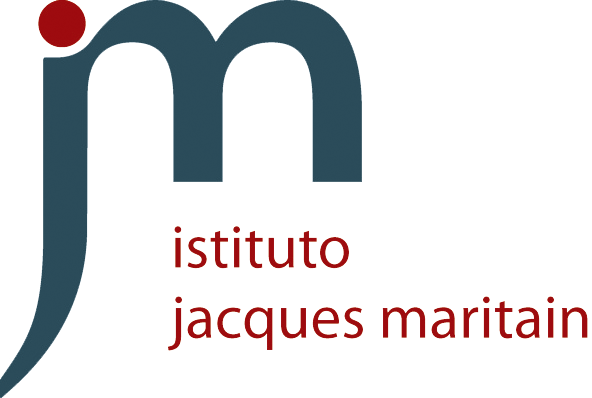Legame sociale ed educazione all’autonomia

Per liberarsi dalla condizione di minorità, secondo un modello kantiano di educazione, è necessario pensare con la propria testa. Questo porta positivamente a liberarsi dai tutori fasulli, ma anche porta a un individualismo che non dà ragione dell’effettiva natura del rapporto educativo. Inoltre, la legge dell’usare la propria testa, come modello generale di educazione, fa sorgere risultati aporetici. Il saggio discute due metodi educativi che superano i problemi del modello kantiano. Essi sono il metodo socratico e il metodo della sequela (Gefolgshaft). Il contributo più originale del saggio consiste nella discussione delle due condizioni della relazione educativa che promuove l’autonomia. Si tratta del legame educativo e dei (tre) rischi educativi. Il primo, il legame educativo, porta obblighi che sono la via attraverso la quale il discente cresce. Circa i rischi, essi consistono nella possibilità da parte del discente, rispettivamente: di sbagliarsi, di disobbedire e di rompere il legame educativo. Il maestro deve accettarli per poter svolgere il
proprio dovere.
According to a kantian model of education, in order to free oneself from a condition of minority
it is necessary to think with one’s own mind. This, on a positive note, leads to freeing oneself of
fake tutors, but it also leads to a form of individualism, which leaves the nature of the educational relationship unaccounted for. The rule of using one’s own mind, as a general model of education, also generates aporetic results. The paper discusses two methods of education which overcome the issues of the kantian model. These are the socratic method and the method of the following (Gefolgshaft). The most original contribution of the paper lies in the discussion of the two conditions of educational relationships which promote autonomy. These are the educational bond and the (three) risks of education. The first, the educational bond, brings about obligations that are the way by which the disciple grows up. As for the three risks, they consist in the possibilities for the disciple: to be mistaken, to disobey and, finally, to break the educational bond. The master has to accept these risks in order to accomplish his own duty.
